Fall Mold Prevention with ClO₂ | Envirotab Solutions

Autumn brings damp leaves, cooler temperatures, and moisture — perfect conditions for mold growth. Learn how ClO₂
prevents mold in your home and keeps your family safe.

Autumn brings damp leaves, cooler temperatures, and moisture — perfect conditions for mold growth. Learn how ClO₂
prevents mold in your home and keeps your family safe.

End of summer? Store your tents, sleeping bags, and campers the right way. Learn 10 expert tips with ClO2 to prevent mold and musty smells before spring.
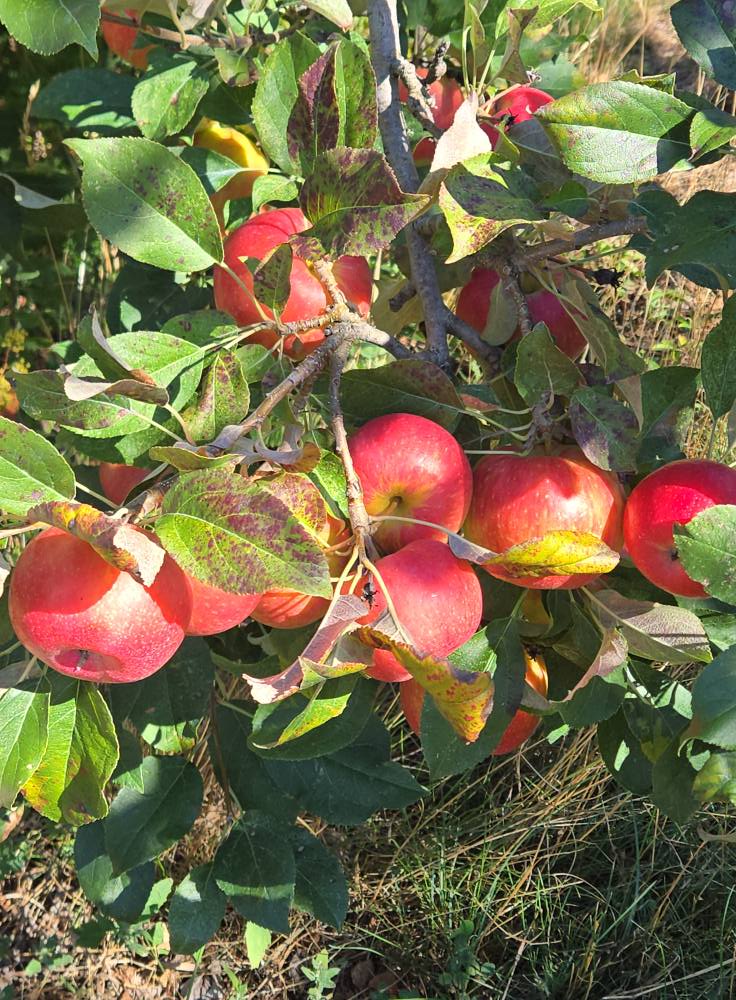
It’s apple season in Maine! Discover how chlorine dioxide keeps farmers’ market produce safe, fresh, and free from harmful microbes — without affecting taste.
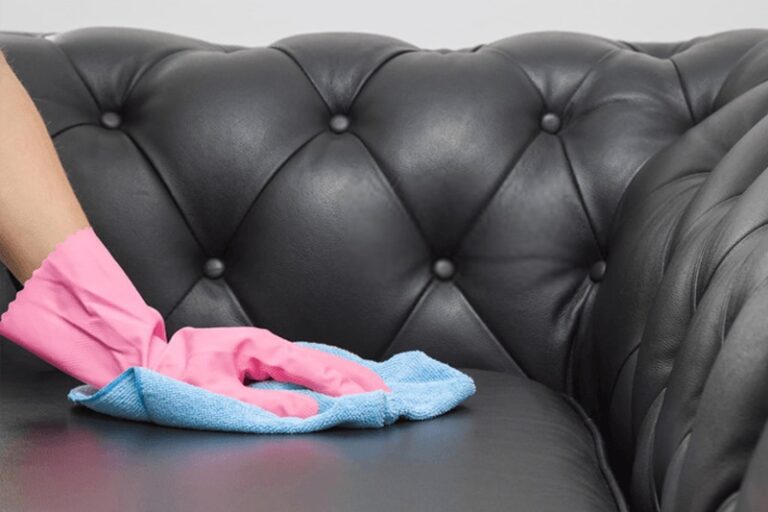
Frustrated by funky smells in your leather sofa that just won’t quit? Learn what’s causing those odors and how CLO₂ tablets offer a powerful, safe way to eliminate them—without damaging your leather. It’s time to love your living room again!

Discover how ClO₂ tablets prevent farm animal diseases—from clean water and hoof baths to mastitis prevention, wound care, and skin cleansing.
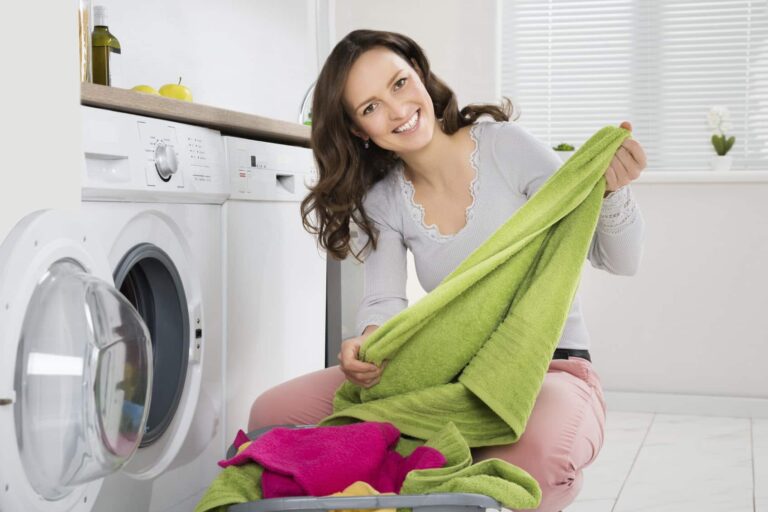
Tired of strange smells in your clothes that just won't wash out? Discover why it happens and how CLO2 can eliminate even the toughest odors—leaving your laundry fresh, clean, and confidence-boosting.
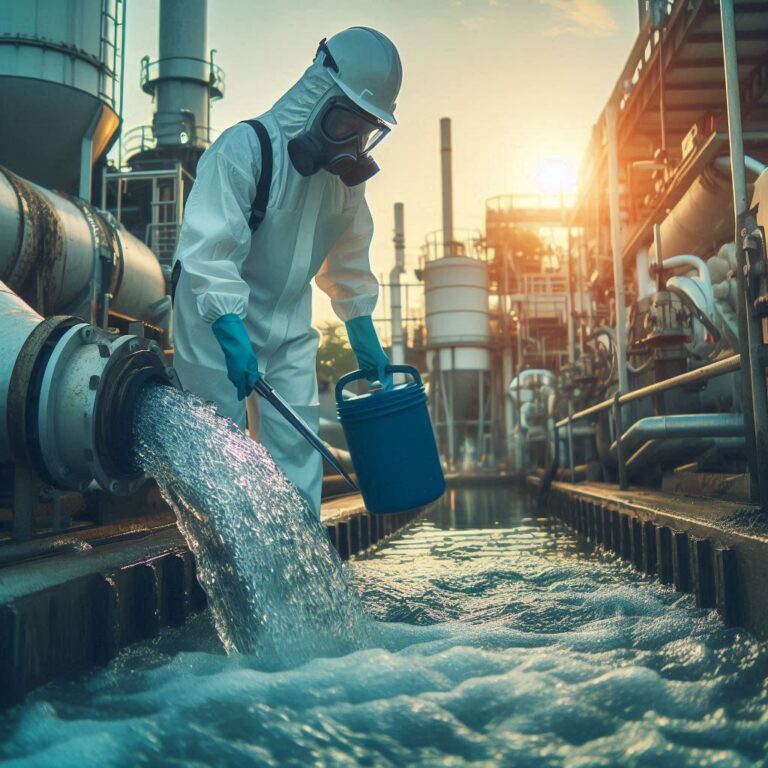
A Scientific comparison of chlorine dioxide and sodium hypochlorite for municipal, industrial, and food-grade water treatment. See which oxidant wins on efficacy, by-products, biofilm control, and cost.
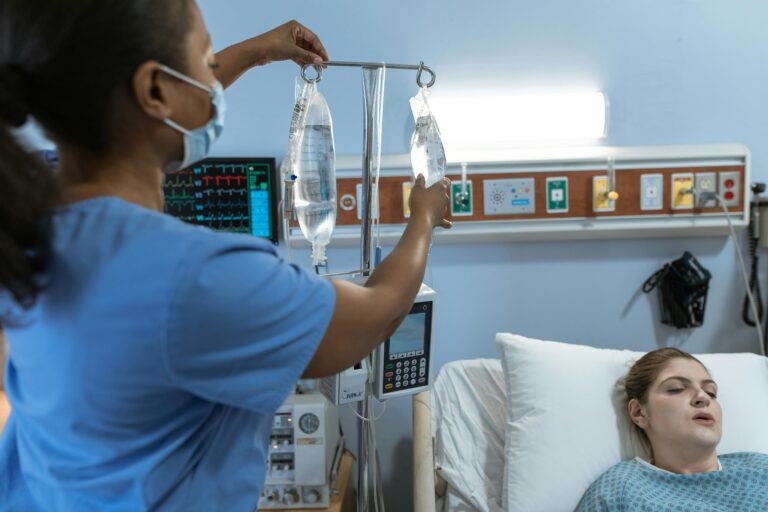
Discover how chlorine dioxide (CLO₂) helps hospitals reduce healthcare-acquired infections, improve compliance, and support ESG goals—effectively and safely at a fraction of the cost.
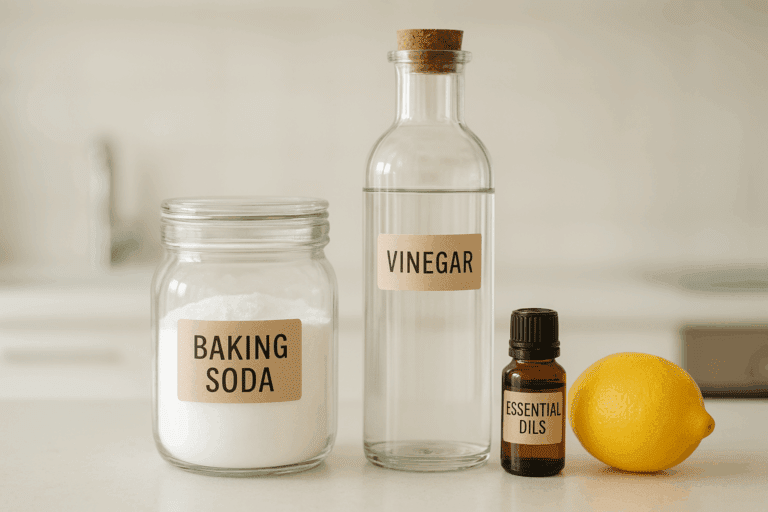
Are DIY mold remedies like vinegar, baking soda, and essential oils really effective? Learn the truth about household myths and the science of real mold control.
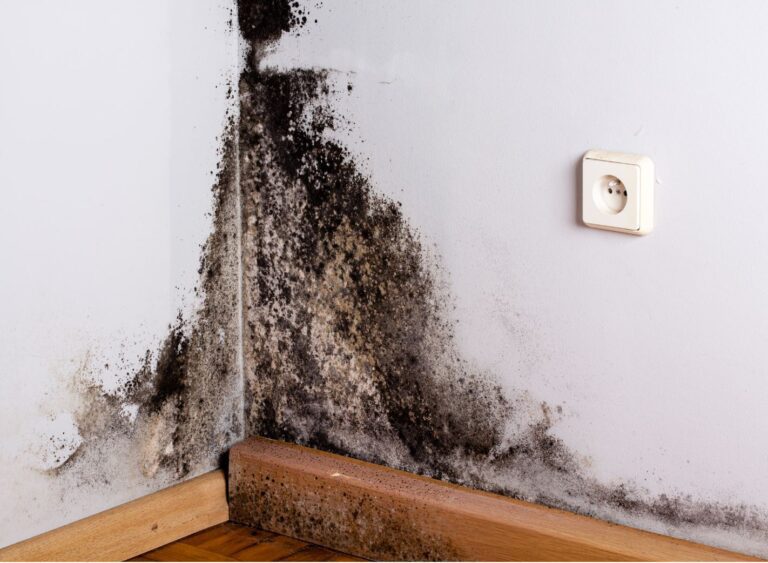
Still scrubbing mold with bleach and vinegar? It’s time for a smarter solution. Chlorine dioxide tablets don’t just clean the surface—they eliminate mold at the source, even in places you can’t reach. In this guide, discover how chlorine dioxide works, why it’s safer for your home, and how to use it for fast, effective, and long-lasting mold control. Say goodbye to musty odors and hidden spores—for good.